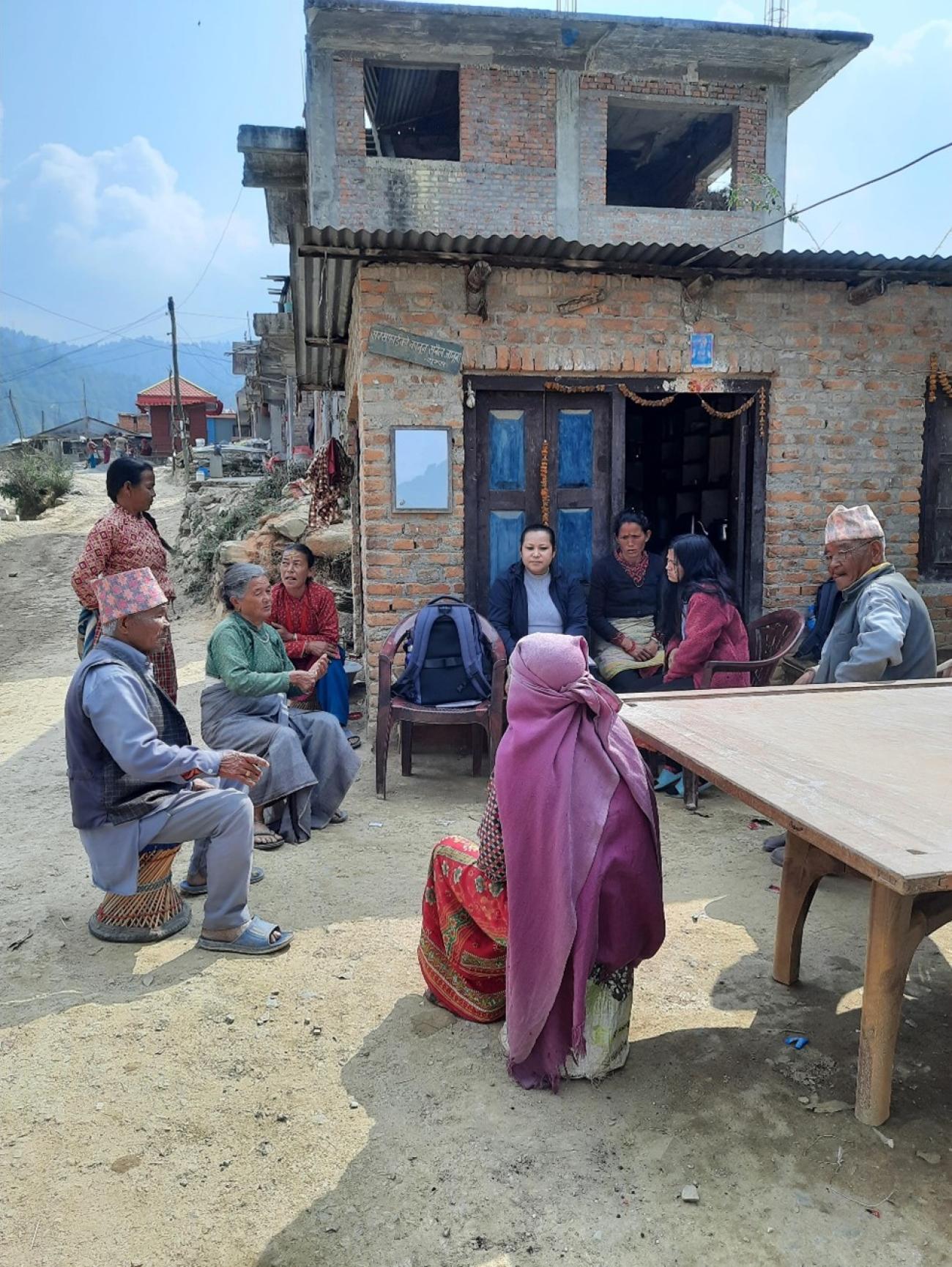Addressing the mental health needs of the Nepali people during the COVID-19 pandemic

The prevalence of mental disorders, such as depression and anxiety, is expected to rise since the COVID-19 pandemic.
Data of Nepal Police also showed increasing deaths from suicide resulting in 16-18 persons dying due to suicide every day in 2020.
Certain groups such as persons with existing mental health conditions and psychosocial disabilities were more vulnerable to acquiring COVID-19 and stress and needed continuous care. Moreover, not everyone had access to mental health services when they required it.
Hence, the World Health Organization, Country Office for Nepal, assisted the Ministry of Health and Population in developing a COVID-19 Mental Health & Psychological Support (MHPSS) intervention framework to draw adequate attention to mental health and psychosocial support services in the national emergency response and to continue delivering essential mental health services.
A National Mental Health Strategy and Action Plan has been brought into implementation which aimed to improve access to quality essential health services.
The WHO/ International Committee of the Red Cross Guideline of Psychological First Aid was also translated and adapted to the national context in collaboration with the Nepal Association of Clinical Psychologist. This document served as a guide to adjust Nepal's unique needs in the planning phase.
WHO, Country Office for Nepal, also held regular meetings (mental health sub-cluster meetings) to co-ordinate work among partners, and as a result of concerted actions:
- more than 40,000 people received psychosocial support in some form;
- more than 20,000 children and adolescents provided essential mental health support;
- more than 3,000 health care providers reached out on their mental health needs through stress management workshops and webinars;
- more than 160 community psychosocial counsellors were trained;
- more than 500 FM radio stations across the country were engaged to disseminate messages; and
- partners also operationalized several helpline services.
Additionally, an online platform was also developed to support mental health needs of the health care providers which contained tips on mental health care, modules on stress management, webinars, audio-visual and IEC materials, self-screening tools, and appointment and follow up services.
Such services were in place to avoid various psychological issues like burnout, emotional exhaustion, or decreased sense of accomplishment, which can significantly impact competence, efficiency, and health care service delivery. This helped health service providers be capable of providing service to those who needed it.
Furthermore, WHO, Country Office for Nepal, is also partnering with KOSHISH, a national mental health self-help organization, to address mental health consequences of the COVID-19 pandemic in 5 municipalities in Nepal.
Mental health interventions have also been integrated into primary health care level as a Community Mental Health Care Package 2017 by developing necessary guidelines, training manuals, and revising the national free medicines list.
"The consequences of this health and social crisis are likely to get more pronounced among vulnerable population such as women, children, persons with disabilities resulting from both physical impairments and mental health problems. The ongoing effort to integrate mental health into primary care level will support Nepal's health systems to provide essential health service to the population. They are also bound to connect the Nepali people to quality health care services", states Dr. Rajesh Sambhajirao Pandav, WHO Representative to Nepal.

